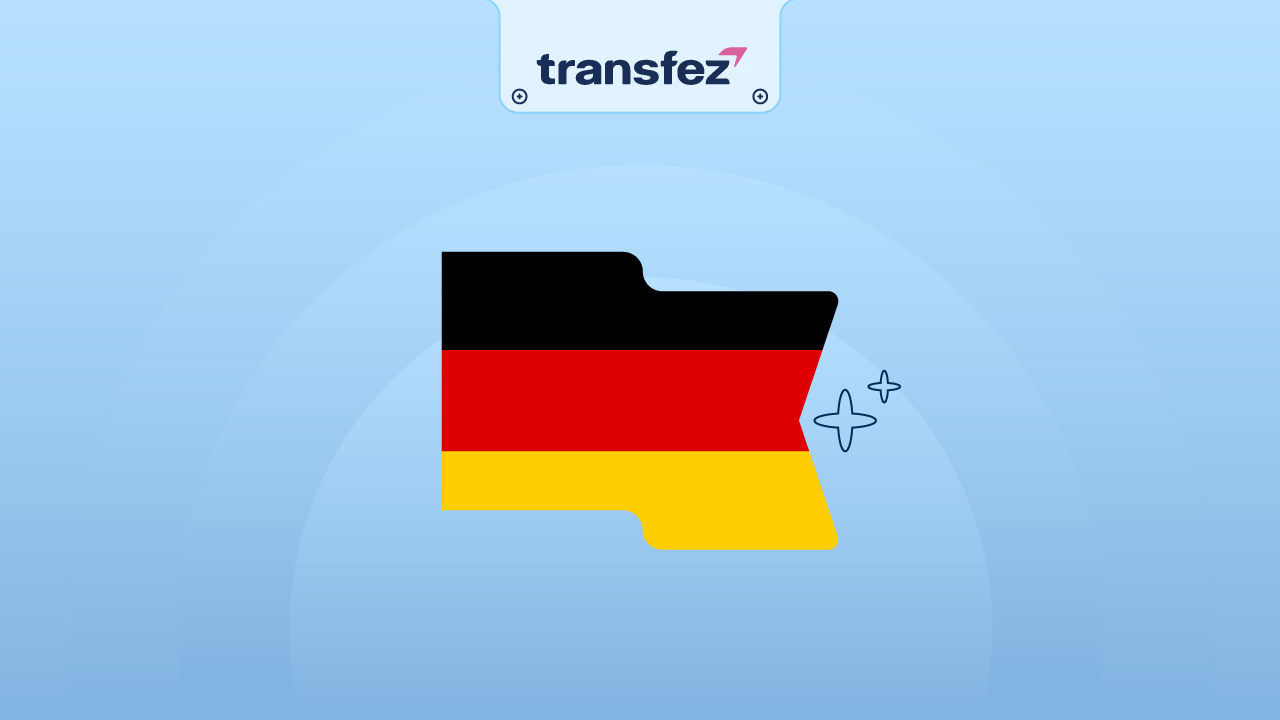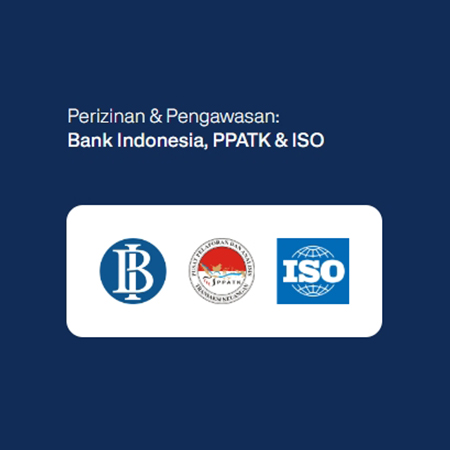
Germany, one of the world’s largest economic powerhouses, is currently facing a critical challenge: a massive labour shortage. By 2025, the country is expected to have a shortfall of nearly two million skilled workers, according to reports by Deutsche Welle and the Bertelsmann Foundation.
This shortage is slowing down industrial growth but, on the flip side, it’s opening doors for skilled professionals from abroad. Many companies in Germany are increasingly relying on foreign talent to fill the gaps, making the job market highly competitive for those with the right expertise.
If you’re looking for international career opportunities, now is the perfect time to explore which professions are in highest demand. Below is a list of the 10 most sought-after jobs in Germany, offering great prospects for foreign workers:
1. Metallurgical Engineer

the metallurgical engineer. This role is crucial in Germany’s thriving mining and minerals sector. Metallurgical engineers analyse and process raw minerals into usable materials for manufacturing.
As Germany focuses more on high-tech industries, demand for this profession is rising in 2025. Salaries typically range from €50,000 to €70,000 per year. To enter this field, a degree in metallurgical engineering is required, along with at least a B2 level of German proficiency.
2. Electrical Engineer

Another high-demand profession is electrical engineering. These professionals design, maintain, and improve electrical systems, playing a vital role in Germany’s booming technology landscape—especially in the automotive and renewable energy sectors.
Electrical engineers are needed for projects like electric vehicles and smart energy systems. The average annual salary is between €60,000 and €80,000. A recognised engineering certification and proficiency in German (B2) or English are typically required.
Read Also: Sending money to Greece is easier, faster, and 100% secure via the Transfez website or app.
3. Medical Doctor

Germany is also facing a significant doctor shortage, with many current practitioners approaching retirement. As of 2025, around 80,000 doctors in Germany are over the age of 60. The demand spans general practitioners, specialists, and surgeons. Salaries are generous—starting at €80,000 for general practitioners and exceeding €100,000 for specialists. Foreign doctors must have a recognised medical license and a minimum B2-level German language certificate.
4. Hospital Nurse
In the healthcare sector, Germany expects a shortage of around 150,000 nurses by 2025. Hospital nurses provide direct patient care, including administering medication and monitoring recovery.
Annual salaries range from €40,000 to €50,000.
Many foreign nurses join through the Ausbildung program (a 3-year vocational training scheme), which offers hands-on training and a monthly stipend. A minimum B1–B2 level of German is required.
5. Elderly Care Nurse
Separate from hospital nursing, elderly care nurses are in high demand due to Germany’s aging population. These caregivers support long-term care in nursing homes and private settings.
Annual earnings range from €35,000 to €45,000. Ausbildung programs are also available for this field, with German proficiency at B1 level being the main requirement.
6. Programmer
With Germany’s tech sector booming, programmers are among the most sought-after professionals in 2025. Their work ranges from building apps and websites to developing games and enterprise software.
Major tech firms like SAP and Siemens are always hiring in this space. Annual salaries range from €50,000 to €70,000, and can go even higher in specialised fields like AI. English proficiency is generally sufficient for this role, though German skills are a plus.
Read Also: Promising Business Opportunities in Germany for This Year
7. Chef
The culinary industry is thriving in major German cities like Berlin and Munich, making chefs a hot commodity. Hotels and restaurants are constantly on the lookout for professional chefs.
Entry-level chefs can earn between €30,000 and €50,000 per year. The Ausbildung program is a great entry point, offering practical training and a monthly salary during the program.
8. Data Scientist
Data scientists help companies make smarter decisions by collecting, analysing, and interpreting data. With data becoming the backbone of modern businesses, this role is growing in demand.
The average salary is around €70,000 annually. Key skills include mathematics, statistics, and programming knowledge.
9. UI/UX Designer
UI/UX designers focus on creating intuitive user interfaces and smooth experiences for digital platforms. As companies prioritise user-friendly applications, this role has gained significant popularity.
Designers in this field typically earn around €45,000 annually, depending on experience and portfolio.
10. Cybersecurity Analyst
Rounding out the list is the cybersecurity analyst—responsible for protecting company data and IT systems from hackers and malware. The average salary is about €63,000 per year. Required skills include firewall management, encryption, and general IT security knowledge.
Other Roles Gaining Traction
Aside from the top 10, other roles also attract many Indonesian workers, such as:
Erzieher (kindergarten teachers, usually via Ausbildung), FSJ/BFD (volunteer social services), Au pair, Part-time jobs in cafes or restaurants.
Need to Send Money from Germany?
Whether you’re supporting your studies, family, or simply sending money home while working abroad, the Transfez app helps you transfer money internationally faster, cheaper, and more efficiently. Transfez Business also supports overseas business transactions. Available on Android and iOS.










